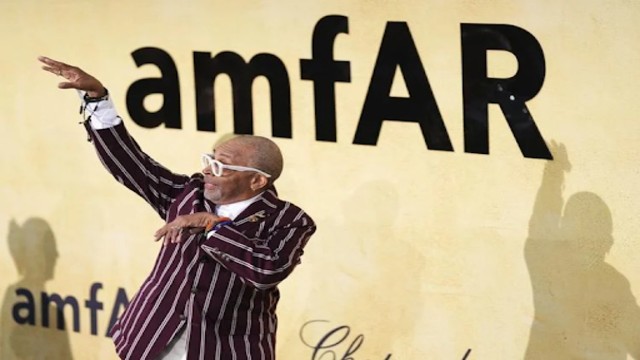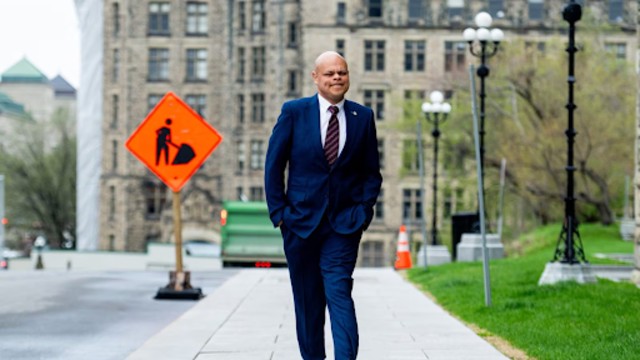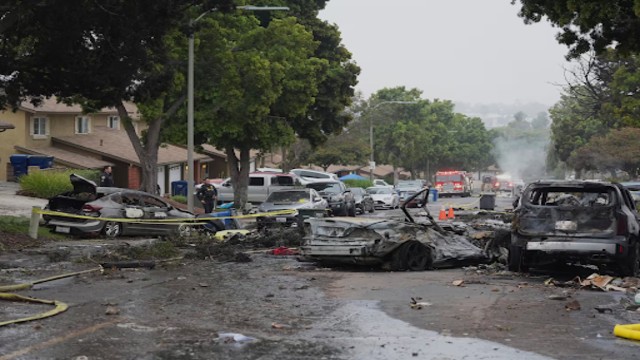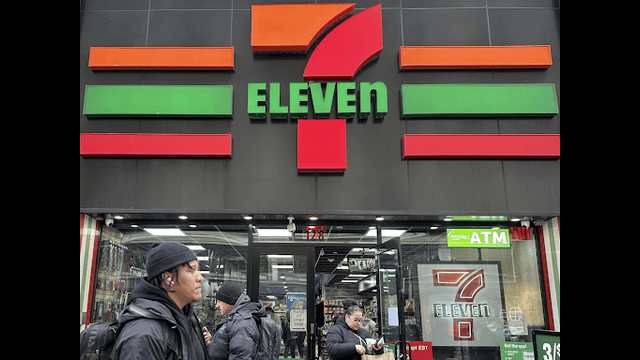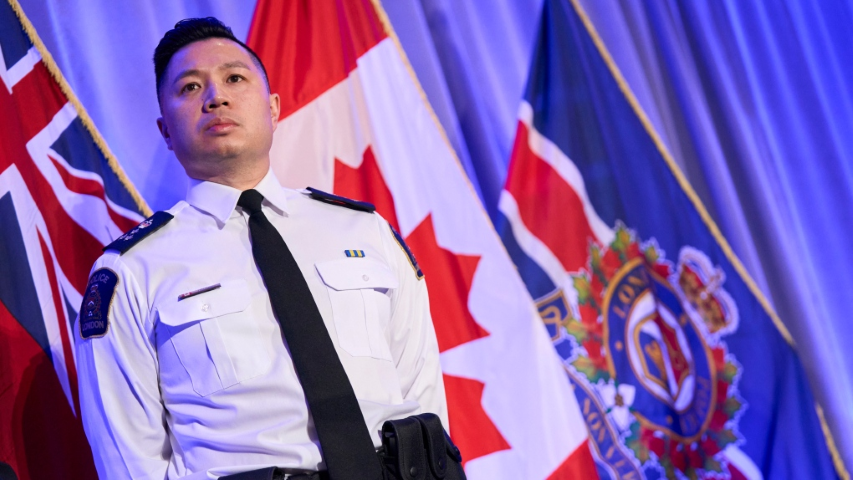
London Police Chief Thai Truong addressed the media in London, Ontario on Monday, February 5, 2024. He issued an apology for the delay in laying charges nearly six years after a woman accused five former members of Canada's world junior hockey team of sexual assault. (Photo credit: THE CANADIAN PRESS/ Geoff Robins)
In a gripping revelation during a press briefing on Monday, the London Police Service unveiled a deeply entrenched sexual assault case involving five former players from the 2018 world junior hockey team. The announcement, made by Police Chief Thai Truong, sent ripples of shock throughout the community.
Chief Truong's words carried a weighty implication, suggesting a pervasive societal normalization of sexual violence against women, influenced by media portrayals and cultural attitudes. The reaction from the London populace was swift, with social media platforms becoming a forum for expressions of concern and dismay.
Jennifer Dunn from the London Abused Women's Centre voiced apprehension, fearing that Truong's remarks might inadvertently discourage victims from stepping forward, inadvertently placing the focus on the behaviour and attire of women rather than the perpetrators of violence.
To shed light on his statements, Chief Truong sat down for an interview with CTV News London, revealing his background in combating commercial sexual exploitation, particularly human trafficking. His insights painted a picture of a society inundated with sexualized imagery, perpetuating harmful attitudes and behaviours towards women.
Truong emphasized the urgent need for societal introspection, recognizing the role of popular culture in shaping perceptions of gender and power dynamics. Sociologist Jordan Fairbairn echoed these sentiments, underscoring the gradual erosion of women's humanity in environments saturated with objectifying messages.
Crucially, Truong clarified that his intent was not to blame victims but to highlight the concerning lack of sensitivity towards them in sexual assault cases. He emphasized the imperative of engaging men and boys in conversations about gender equality and consent from an early age, recognizing their pivotal role in effecting meaningful change.
As the community grapples with the implications of this revelation, Chief Truong's call for collective introspection and proactive education resonates as a beacon of hope in the fight against sexual violence.





